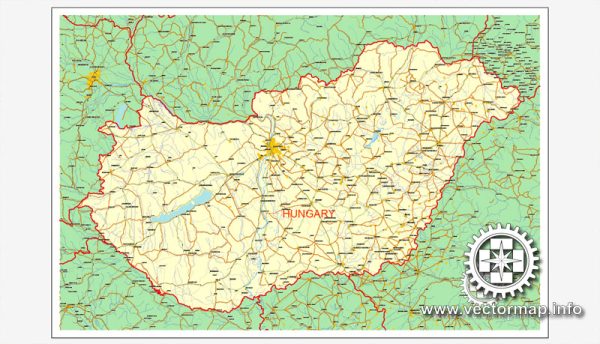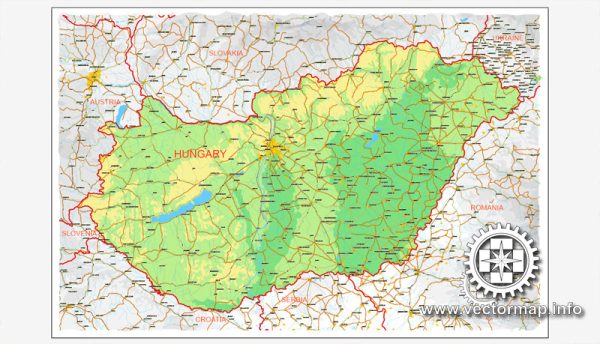Hungary is a landlocked country located in Central Europe, known for its rich history, unique culture, and contributions to various fields, including science, arts, and sports. Here’s a socio-economic description of Hungary:
- Economy:
- Hungary has a mixed economy with both private and state ownership. It is one of the more developed and industrialized nations in Central and Eastern Europe.
- The Hungarian economy is export-oriented, with key industries including automotive manufacturing, pharmaceuticals, information technology, and agriculture.
- The country is a member of the European Union and part of the Eurozone, using the Hungarian Forint (HUF) as its currency.
- In recent years, Hungary has experienced steady economic growth, although it has faced some challenges like a labor shortage and income inequality.
- Labor Force:
- The labor force is diverse, and the country has a well-educated workforce with a strong emphasis on science and engineering.
- The education system in Hungary is highly regarded, producing skilled professionals in various fields.
- Income Inequality:
- Hungary, like many European countries, has faced income inequality issues, with the wealth gap between the rich and the poor widening in recent years.
- Industry:
- The automotive industry is a significant contributor to Hungary’s economy, with numerous international car manufacturers operating plants in the country.
- The pharmaceutical sector is also important, with Hungary being one of the leading pharmaceutical manufacturers in Central and Eastern Europe.
- Agriculture:
- Agriculture is a vital part of Hungary’s economy, with the country being known for its production of wheat, corn, sunflower seeds, and livestock.
- Hungary is also famous for its wine production, with a history dating back to Roman times.
- Infrastructure:
- Hungary has a well-developed infrastructure, including a network of highways and railways that connect it to neighboring countries.
- Budapest, the capital, is the cultural and economic hub of the country and boasts a modern public transportation system.
- Tourism:
- Tourism plays a significant role in Hungary’s economy. The country is known for its historical sites, thermal baths, and cultural festivals.
- Budapest, in particular, is a popular tourist destination with its stunning architecture and the Danube River running through it.
- Healthcare:
- Hungary has a universal healthcare system, providing essential medical services to its citizens.
- The healthcare system has faced challenges related to funding and infrastructure, but it continues to provide adequate care to the population.
- Education:
- Hungary has a strong educational tradition, with a well-developed system of public and private schools and universities.
- It is known for its contributions to mathematics, science, and technology, and its universities are respected internationally.
- Social Welfare:
- Hungary has a social welfare system that provides support to those in need, including pensions, unemployment benefits, and family support programs.




 Author: Kirill Shrayber, Ph.D. FRGS
Author: Kirill Shrayber, Ph.D. FRGS